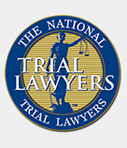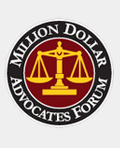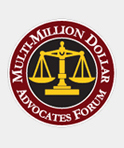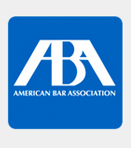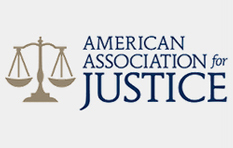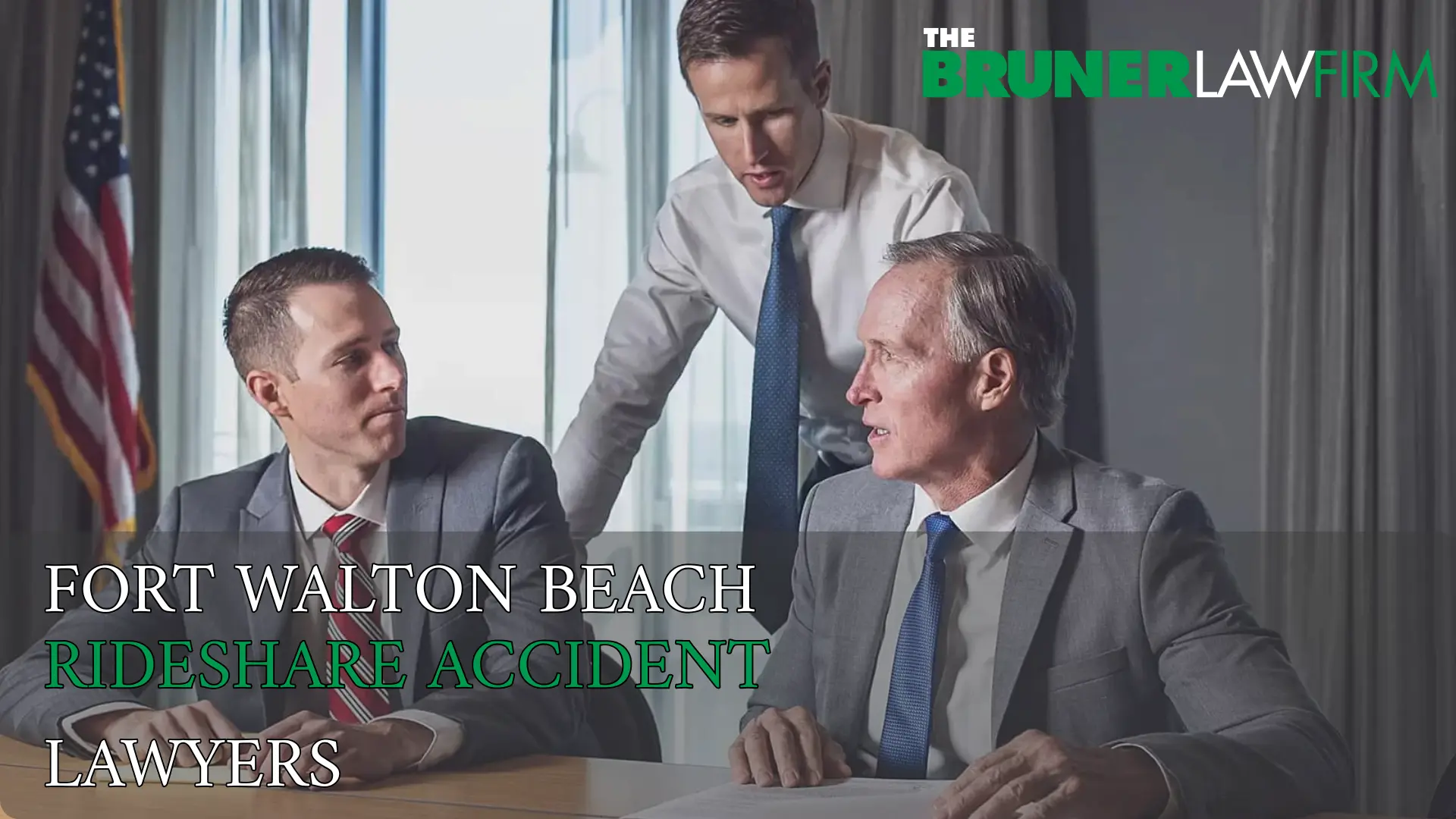
If you’ve been injured in an Uber or Lyft accident in Fort Walton Beach, you don’t have to navigate the recovery process alone. Rideshare accidents present unique legal challenges because multiple parties may share liability—the driver, the rideshare company, other motorists, or even vehicle manufacturers. At The Bruner Law Firm, our experienced rideshare accident lawyers in Fort Walton Beach understand these complexities and work to recover the compensation you deserve. With over 33 years of personal injury law experience, we’ve helped countless clients in Fort Walton Beach and throughout the Florida Panhandle rebuild their lives after serious accidents. Contact us today for a free consultation at (850) 243-2222.
Why Choose The Bruner Law Firm for Your Rideshare Accident Claim
When you’re injured in a rideshare accident, choosing the right legal representation can make the difference between a fair settlement and leaving money on the table. The Bruner Law Firm brings over three decades of plaintiff-focused personal injury experience to your case. Since 1992, we’ve represented injured clients exclusively, never insurance companies or defendants, so your interests always come first.
Our team includes highly recognized attorneys. Drew Gordy Bruner holds an AV-Preeminent rating from Martindale-Hubbell, has been named a Super Lawyer by Thomson Reuters, and is recognized among America’s Top 100 Personal Injury Attorneys. Vincent Michael Bruner, our founding partner and former Florida State Senator and City Attorney for Fort Walton Beach, provides deep community insight and leadership.
We handle all cases on a contingency fee basis—you pay nothing upfront, and we only recover a fee if we secure compensation for you. With over 1,700 five-star Google reviews and offices in Fort Walton Beach, Panama City, Niceville, and Santa Rosa Beach, we offer trusted, accessible representation across the Florida Panhandle. Available 24/7, we’re ready to discuss your rideshare accident claim whenever you need us.
Understanding Rideshare Accident Liability in Fort Walton Beach
Rideshare accidents differ from standard car crashes because liability often involves multiple parties and complex insurance questions. Knowing who is responsible is key to securing full compensation.
Who Can Be Liable in a Rideshare Accident
The rideshare driver has a duty to operate safely, but liability can also extend to Uber or Lyft for negligent hiring, poor training, or inadequate vehicle maintenance. Third-party drivers, vehicle manufacturers, or mechanics may share fault if their negligence contributed. Many cases involve multiple responsible parties, and an experienced auto accident attorney can identify them to maximize your recovery.
Rideshare Insurance Coverage in Florida
Uber and Lyft provide up to $1 million in liability coverage for passengers injured during active rides. Coverage varies depending on the driver’s app status; gaps can occur when a driver is logged in but hasn’t accepted a trip. Florida’s no-fault insurance requires Personal Injury Protection (PIP), covering medical costs and lost wages regardless of fault. Your own policy may include underinsured or uninsured motorist coverage, adding potential recovery sources.
Comparative Negligence in Florida
Florida applies a comparative negligence rule, allowing recovery even if you share some fault, unless you’re more than 50% responsible. For example, if you’re 30% at fault, you can still recover 70% of your damages. Because insurers may try to overstate your share of blame, our attorneys work to present clear evidence supporting your claim.
Common Causes of Rideshare Accidents
Rideshare accidents occur through various mechanisms, many of which are preventable through proper driver conduct and vehicle maintenance:
- Distracted driving represents a leading cause—drivers checking navigation apps, responding to passenger requests, or using phones create dangerous conditions.
- Speeding and reckless driving occur when drivers prioritize reaching destinations quickly over passenger safety.
- Driver fatigue and drowsy driving result from long work hours and pressure to maintain high ratings.
- Driving under the influence, though less common, remains a serious concern.
- Vehicle maintenance failures, including brake problems, tire blowouts, and steering issues, can cause accidents when rideshare companies fail to maintain their vehicles properly.
- Poor road conditions and hazards, combined with inattentive driving, frequently cause collisions.
Understanding the accident’s cause strengthens your claim by establishing negligence.
Types of Injuries from Rideshare Accidents
Rideshare accidents can cause serious injuries ranging from immediately apparent to those developing over time, such as:
- Whiplash and neck injuries occur frequently in rear-end collisions when passengers’ heads snap backward suddenly.
- Traumatic brain injuries (TBI), including concussions and contusions, result from impact trauma and can have long-term cognitive effects.
- Spinal cord injuries and paralysis represent catastrophic outcomes requiring extensive medical care and lifestyle modifications.
- Broken bones and fractures heal, but often require surgery and rehabilitation. Internal injuries, including organ damage and internal bleeding, may not be immediately obvious but prove life-threatening.
- Soft tissue damage to muscles and ligaments causes chronic pain and limited mobility.
- Psychological trauma and PTSD develop after serious accidents, affecting mental health and quality of life.
Many injuries don’t manifest immediately—some symptoms appear days or weeks after the accident. This is why seeking medical attention promptly, even for seemingly minor injuries, is essential.
Damages You Can Recover in a Rideshare Accident Claim
Rideshare accident victims may recover two types of damages: economic and non-economic.
Economic Damages
Economic damages cover measurable financial losses. Medical expenses include emergency treatment, hospitalization, surgery, therapy, and ongoing care. Future medical costs are recoverable if long-term treatment is needed. Lost wages compensate for income missed during recovery, while lost earning capacity covers reduced future income. Property damage includes vehicle repair or replacement, and transportation costs such as rideshare services, rental cars, or public transit may also be reimbursed. Medical equipment, home modifications, prescriptions, and medical supplies are additional recoverable costs.
Non-Economic Damages
Non-economic damages address the personal impact of injuries. Pain and suffering reflect physical discomfort, while emotional distress, anxiety, PTSD, and psychological trauma affect quality of life. Loss of enjoyment of life applies when you can no longer participate in activities you once enjoyed. Permanent disfigurement, disability, and loss of consortium compensate for changes in appearance, daily life, and family relationships. These damages often form a significant portion of serious injury settlements.
Steps to Take After a Rideshare Accident
Immediate actions following a rideshare accident protect your health and legal rights:
- Check for injuries and call 911 for medical help if needed.
- Document the accident scene by taking photos of the vehicles, road conditions, and visible injuries.
- Collect driver, passenger, and witness information, including insurance and rideshare details.
- Report the crash through the Uber or Lyft app and request a copy of the report.
- Do not discuss fault with other drivers, passengers, or insurance representatives.
- Seek medical evaluation even if injuries seem minor, as symptoms may appear later.
- Keep records of medical treatment, repair estimates, and lost income.
- Contact an experienced rideshare accident lawyer in Fort Walton Beach to review liability, insurance coverage, and your legal options.
The Legal Process for Rideshare Accident Claims
Rideshare accident claims follow a structured legal process designed to recover fair compensation.
Investigation and Evidence Gathering
Our investigation begins immediately. We conduct accident reconstruction analysis using expert testimony to establish how the accident occurred. We perform driver background checks to identify prior violations or accidents. Vehicle maintenance records are reviewed to identify mechanical failures. Rideshare app data and GPS records establish the driver’s location and activity status. We collect witness statements and obtain expert medical opinions regarding your injuries. Insurance policy review ensures we identify all coverage sources and recovery opportunities.
Settlement Negotiations
Most rideshare accident claims resolve through settlement negotiations. We prepare demand letters detailing your injuries, damages, and legal basis for recovery. We communicate with insurance companies, presenting evidence supporting your claim. Our attorneys evaluate settlement offers against your damages and advise whether to accept or continue negotiating. Settlement negotiations typically take 6-12 months, depending on case complexity and injury severity.
Litigation (If Necessary)
If settlement negotiations fail, we file a lawsuit in the appropriate court. The discovery process involves exchanging evidence with opposing counsel. Depositions allow us to question the defendant and witnesses under oath. We prepare your case for trial, including witness preparation and evidence presentation. Trial may be before a jury or a judge, depending on your preference. Litigation typically takes 1-3 years from filing to resolution.
Frequently Asked Questions About Rideshare Accidents
What is the statute of limitations for filing a rideshare accident claim in Florida?
Florida law provides a 2-year statute of limitations for personal injury claims and a 2-year statute of limitations for wrongful death claims. This means you have two years from the accident date to file a lawsuit. However, you should act quickly. Time damages evidence, witnesses forget details, and insurance companies may dispute claims filed years after accidents. We recommend contacting an attorney within weeks of your accident to preserve evidence and protect your rights.
Can I sue Uber or Lyft directly for my accident injuries?
Yes, you can sue rideshare companies under certain circumstances. Rideshare companies can be held liable for negligent hiring if they fail to properly screen drivers. They can face liability for negligent retention if they continue employing drivers with known safety issues. Inadequate safety measures, including insufficient driver training or vehicle maintenance, create liability. However, rideshare agreements often include arbitration clauses requiring disputes to be resolved through arbitration rather than court litigation. Our attorneys navigate these provisions to pursue maximum recovery.
How much does it cost to hire a rideshare accident lawyer?
We handle rideshare accident cases on a contingency fee basis, meaning you pay nothing upfront. We only recover a fee if we secure compensation for you. There are no hidden fees or surprise charges. We offer free initial consultations with no obligation. This arrangement aligns our interests with yours—we’re motivated to recover the maximum compensation possible because our fee depends on your recovery.
What if I was partially at fault for the rideshare accident?
Florida’s comparative negligence law allows you to recover damages even if you bear partial responsibility. You can recover as long as you’re less than 50% at fault. If you’re 30% at fault and the defendant is 70% at fault, you recover 70% of your damages. Insurance companies often try to assign you excessive blame to reduce their payout. Our attorneys challenge these assertions with evidence supporting your version of events, ensuring fair fault determination.
How long does a rideshare accident claim typically take to resolve?
Resolution time varies based on injury severity and liability complexity. Settlement negotiations typically take 6-12 months. Litigation can take 1-3 years from filing to trial. Factors affecting the timeline include medical treatment duration, the number of liable parties, insurance company responsiveness, and court schedules. We keep you informed throughout the process and work efficiently to resolve your claim while ensuring you receive fair compensation.
Contact The Bruner Law Firm Today
If you’ve been injured in a rideshare accident in Fort Walton Beach, don’t delay seeking legal representation. The experienced rideshare accident lawyer in Fort Walton Beach at The Bruner Law Firm is ready to fight for your rights and recover the compensation you deserve. We offer free consultations 24/7 at (850) 243-2222. Let us handle the legal complexities while you focus on recovery.

